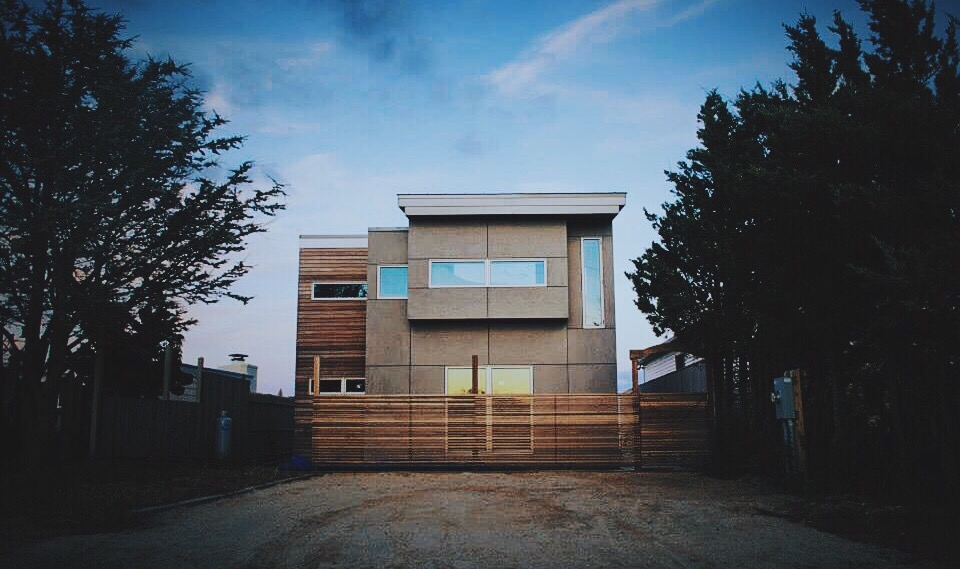I’m writing this from a local coffee shop in my hometown. Today is the first weekday they’ve been open for anything like normal hours in a number of weeks. I wanted to frequent this place during my last month of undergrad, but I have not had that luxury. I’ve had to spend over seven weeks away from my professors and fellow seniors. On Saturday, May 9th, my graduation was held virtually.
Everyone seems to have their own perspective on the COVID-19 pandemic, and that discussion understandably dominates blogs and current web articles, AEI’s online offerings notwithstanding. What follows are my own reflections as a senior college student graduating during the present crisis. I hope that it might add some small measure of value to the experiences of other graduating seniors. As a student leader, I’ve been involved in trying to speak a lot of positivity into my own small Christian campus, and I want to offer the same to other students in the AEI network.
Though college students are statistically among the least likely to die from COVID-19, we’ve all been affected by it in one way or another, such as dorm closures and online classes. Whether it is economic wisdom or foolishness behind the many promised stimulus checks, the vast majority of college students will not receive one, unless they are not claimed as a dependent. Our commencement ceremonies have been pushed back to the fall, or even as far as May 2021. We’re entering a hurting job market and a bleeding economy. How can we turn this situation to our best advantage?
During AEI’s recent livestream event entitled “Who Are We Becoming? Spiritual and Societal Growth in a Time of Crisis,” author and Christianity Today president, Timothy Dalrymple, observed that who we become as a result of this crisis largely depends on the story we tell ourselves during it. In all of the articles written, there are almost no stories that say everything will go back to exactly how it was before COVID-19. In fact, as WORLD Magazine founder and contributor Joel Belz writes, “the freedoms we inherit on the other side of this tragedy will be altogether different from what we experienced coming in.” Our sense of normalcy will be lost not only in a political and economic sense, but likely in everyday ways.
If life in the United States will be different post-pandemic, it would therefore be foolish to act otherwise. This idea runs counter to the popular sentiment (among younger generations) that to simply “keep calm and carry on” will allow a crisis to pass and allow “normal” life to either continue uninterrupted or resume exactly at the point where it was disturbed. But if there will indeed be a “new normal,” or as Dalrymple termed it during the event, a “new era,” maintaining a false sense of stability could actually do harm and not good.
If we (graduating seniors) should not expect that we will return to the pre-pandemic life that we now consider almost idyllic, what is the reality that we should accept? What is the story we should tell ourselves that will shape who we become in this first year post-college and post-pandemic? This is the question I’ve been coming to terms with, and where I have tried to speak positivity to my classmates at Bryan College.
Tennessee just reopened the majority of business with some lingering restrictions, but others will remained closed until the end of the month. I finished my last college assignment at the beginning of May. My observation is that the remaining lockdown time and the end of undergrad have aligned in a very timely fashion. Graduates now have approximately a month or more free from homework before fully entering the workforce. Could this be a bad thing? Yes, but there is also the chance to write a positive story about this experience. Graduates have the time to slow down, reset, and get our priorities straight before moving on. I took a gap year between high school and college. This time period can serve a similar purpose.
How can we utilize this time well, preparing for whatever a post-pandemic United States has in store? First, we can continue to research, learn, and keep our eyes and ears open. News is a swamp to wade through, but it is important that we stay on top of current events and stay informed. Second, we need to continually experience personal growth. The habits we form now in the weeks after college are the ones that might stick with us in the months and years to come. Whatever goals we’ve been putting off—whether exercise or health-related, refining particular skills, or developing a personal brand or projects—now is the time to set and accomplish those. Lastly, we can apply what we learned about ourselves in college. What struggles keep you from accomplishing your goals, or from being who you want to be? Eliminate them from your life now and be ahead of the game when the nation fully reopens.
Postponed or cancelled graduations are disappointing, yes. But our commencement ceremonies have no bearing on our future careers or our lives after the pandemic. How we utilize the next month, or few months, does. Therefore, choose to use the time you’ve been given to start writing a good story for your post-graduate future.



